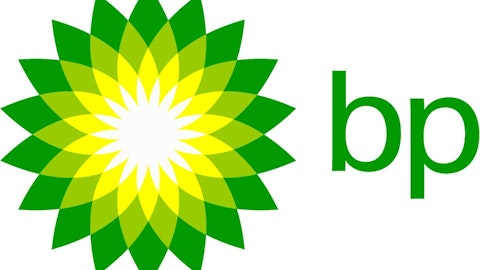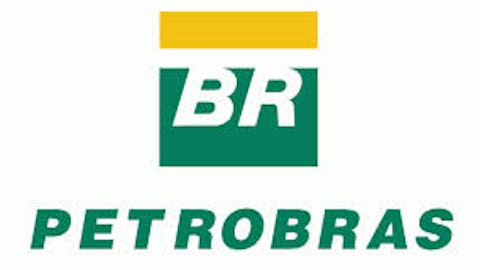Hugo Chevez died from cancer last night after 14 years as President of Venezuela. In the short term, Chavez’s death means little for the oil markets, which shrugged off the news. The question now is will things get worse for Venezuela with more turmoil, or will things get better, allowing Venezuela to regain its status as a top five exporter of oil.
Chavez’s Rule
Chavez’s presidency was strongly influenced by the rising price of oil. In 1998, oil was selling for peanuts, leading to unrest in the country, because the Venezuelan economy depends heavily on oil. Chavez took power, and was lucky that the price of oil rose steadily.

Chavez was a socialist whose time in office was marked with subsidies to the poor, the nationalization of thousands of companies, currency controls, and price controls, all funded by the country’s growing revenue from selling oil. While these policies were popular with the poor, they inevitably led to shortages, 20+% inflation, currency devaluations, and a widespread black market.
Oil Production in Venezuela
Oil production remained in a steady range of 3 million to 3.6 million barrels of oil equivalent per day until 2002, when the workers of Venezuela’s state-owned oil company PVDSA went on strike for two months. The country never fully recovered from the strike, and oil production declined steadily thereafter.

The production decline picked up speed in 2007, when Chavez nationalized the oil deposits of the country and demanded companies cede a 60% stake in all oil projects in Venezuela to state-owned oil company PDVSA.
Rather than cede control, Exxon Mobil Corporation (NYSE:XOM) and ConocoPhillips (NYSE:COP) walked away from their investments in Venezuela, and are seeking $40 billion in damages from the Venezuelan government. At the same time, Chevron Corporation (NYSE:CVX), BP plc (ADR) (NYSE:BP), TOTAL S.A. (ADR) (NYSE:TOT), and Statoil ASA(ADR) (NYSE:STO) agreed to the demands of the government. The nationalizations continued in 2009 with the government seizing control of some oil services companies, and refusing to pay others.
The Future
It remains to be seen what will happen with Venezuela. During Chavez’s reign, oil production declined from 3.5 million barrels of oil equivalent to 2.5 million a day. At the same time, exports declined from 2.2 million barrels of oil a day to 1.6 million barrels of oil a day, bringing down the country’s revenue from oil, and taking the country from the fifth largest exporter of oil to the eighth largest exporter of oil. These declines stemmed from an underinvestment in the oil sector, as Chavez took money from it to support his socialist programs.
It’s remarkable and sad that, in a time of high commodity prices, Chavez’s reign ended with Venezuela worse off than when he first took over. If a pro-business regime comes into power, it will be a few years before the Venezuelan economy can turn itself around. Venezuela has massive oil assets that are currently underutilized and, with more investment in the oil industry, Venezuela could regain its status as a top five exporter, bringing in much needed money into the economy. This change in leadership could be great news for big oil, as well. With conventional oil reserves becoming more difficult to acquire, the international oil companies that were strong-armed by the Chavez regime could use their record capital expenditure budgets on securing proven reserves instead of risky exploration projects in hard-to-access locales.
On the other hand, if the country falls into turmoil, and exports drop off, the economy would be devastated, oil prices would rise, and it could take years for the country to recover from the damage, if ever.
Foolish Bottom Line
While we can’t know the future for sure, it’s good to follow the Boy Scout motto of “be prepared.”
The article Why Venezuela and Big Oil Are Better Off Without Chavez originally appeared on Fool.com.
Dan Dzombak can be found on Twitter @DanDzombak, or on his Facebook page, DanDzombak. He has no position in any stocks mentioned. The Motley Fool recommends Chevron, Statoil (ADR), and Total SA. (ADR).
Copyright © 1995 – 2013 The Motley Fool, LLC. All rights reserved. The Motley Fool has a disclosure policy.





